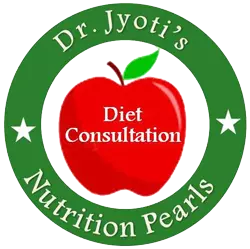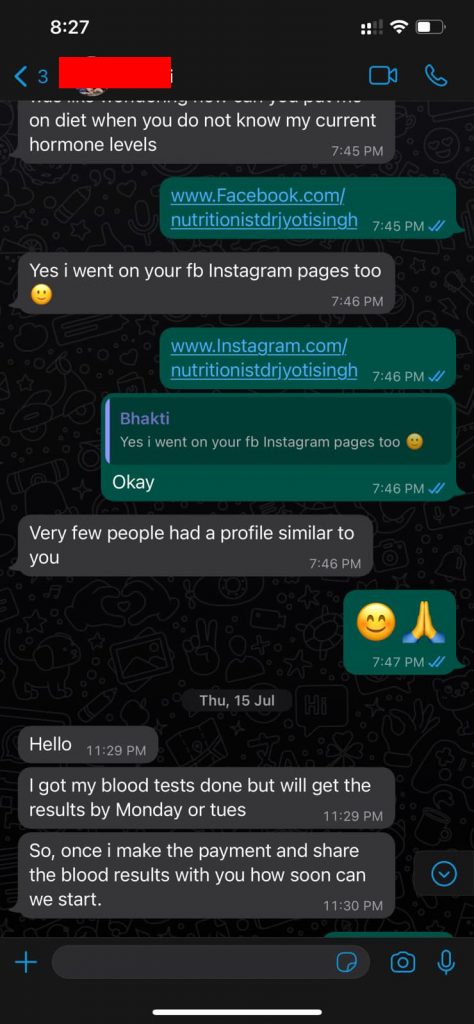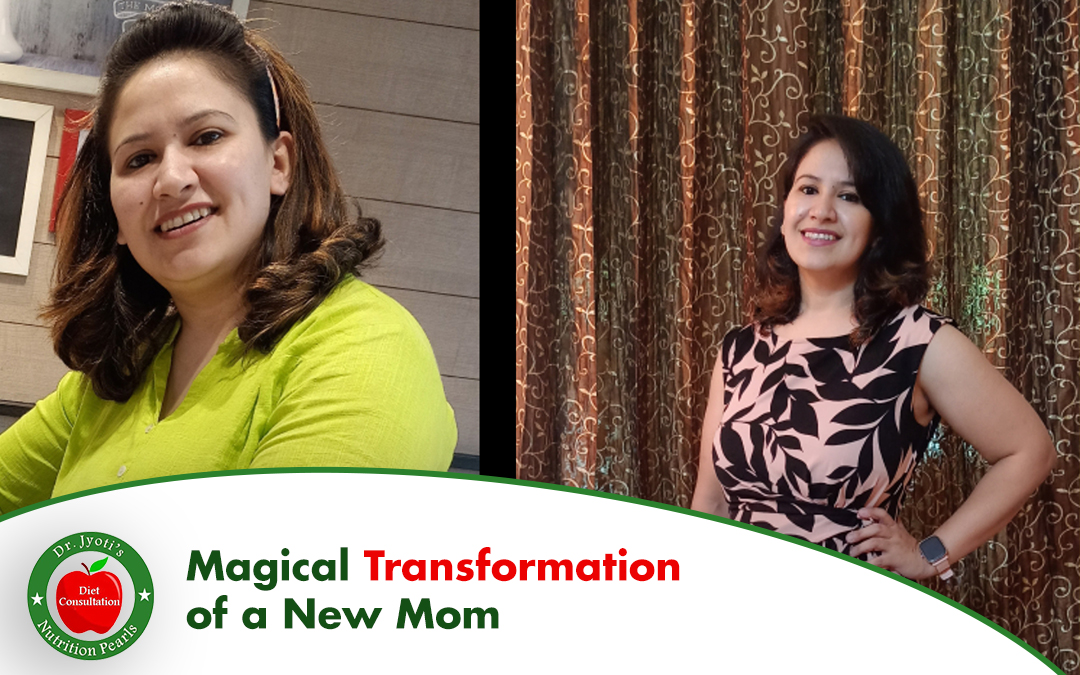One in 10 women suffers from polycystic ovary syndrome (PCOS).
Some doctors agree that diet and lifestyle play a significant role in managing PCOS, despite the fact that diagnosing the exact cause and cure for this condition is difficult.
PCOS: An overview
Polycystic ovary syndrome is a medical condition in which a cyst forms in the ovaries of women.
A cyst is primarily caused by excessive androgen production.
Women who have PCOS can gain weight; it is also linked to insulin resistance, and high insulin levels can lead to symptoms like hair loss, acne, facial hair, etc.
Diet Plays An Important Role
PCOS patients can lose and manage their weight effectively through a proper diet and nutrition, as well as regulate their insulin levels.
In order to deal with weight and insulin issues, most experts recommend a high-protein, low-carbohydrate diet.
Types of Foods That Help In PCOS
Green vegetables like spinach are nutrient-dense and low in calories. Additionally, they contain vitamin B, which is deficient in 60 percent of PCOS patients. PCOS symptoms such as irregular periods, excessive hair growth and obesity can be caused by deficiencies of this vitamin. Green leafy vegetables such as spinach, kale, broccoli, and cabbage greens are ideal.
Omega-3 fatty acids: Women’s menstrual cycles are regulated with these fatty acids. In addition to regulating hormones, they also reduce your body’s sensitivity to prolactin, which suppresses ovulation. Try salmon, flaxseed, and chia seeds.
Low glycemic index food: To lose weight, it is imperative to eat low GI foods. PCOS can cause diabetes if you consume foods high in GI. Choose fruits with a low GI like apples, pears, grapefruits, and blueberries, as well as legumes, oatmeal, and sweet potatoes.
Whole grains: Type 2 diabetes is also caused by PCOS, in most cases. Fibre is necessary to maintain insulin levels, which can be found in whole grains. In addition, whole grains such as rye, oats, and buckwheat slowly release their carbohydrates in our bodies, which prevents a spike in blood sugar levels.
Let us delve into the experience of my client, who successfully reversed her PCOS and her husband’s cholesterol issues through the implementation of my plan.
In my search for a diet consultant to help me with a proper diet for PCOS, I found Dr. Jyoti in an online article.
In our first few calls, she asked me to run some tests to figure out what kind of diet I would need. She was very friendly and asked numerous questions.
My husband also decided to go ahead with the diet with me to help with his cholesterol issues. We started the 3-month program in July.
Before the program, both my husband and I had been very active and exercising without any noticeable results in terms of weight. I was amazed to see that such small changes in one’s diet can have such a significant effect on health.
She introduced us to a variety of new ingredients in our diet, such as millets and jowar, which even our 3-year-old has started to enjoy.
She was able to create a diet plan that worked for both my husband and me without having to cook two separate sets of meals. I am a vegetarian, and my husband is not.
She was able to customize the diet for both. The diet involved eating smaller portions more frequently, without feeling hungry or excluding any food groups from the meal.
All the while, we had constant conversations with Dr. Jyoti, and she continually motivated us.
The diet, combined with exercise, proved to be the missing ingredient for our weight loss journey, resulting in significant and visible improvements for both of us.
A healthy diet is now part of our lifestyle, thanks to Dr. Jyoti. Even after the program, we still stay in touch with her, ask for recommendations, and she responds to us.
Thus, I recommend her to everyone who is dealing with PCOS issues.


